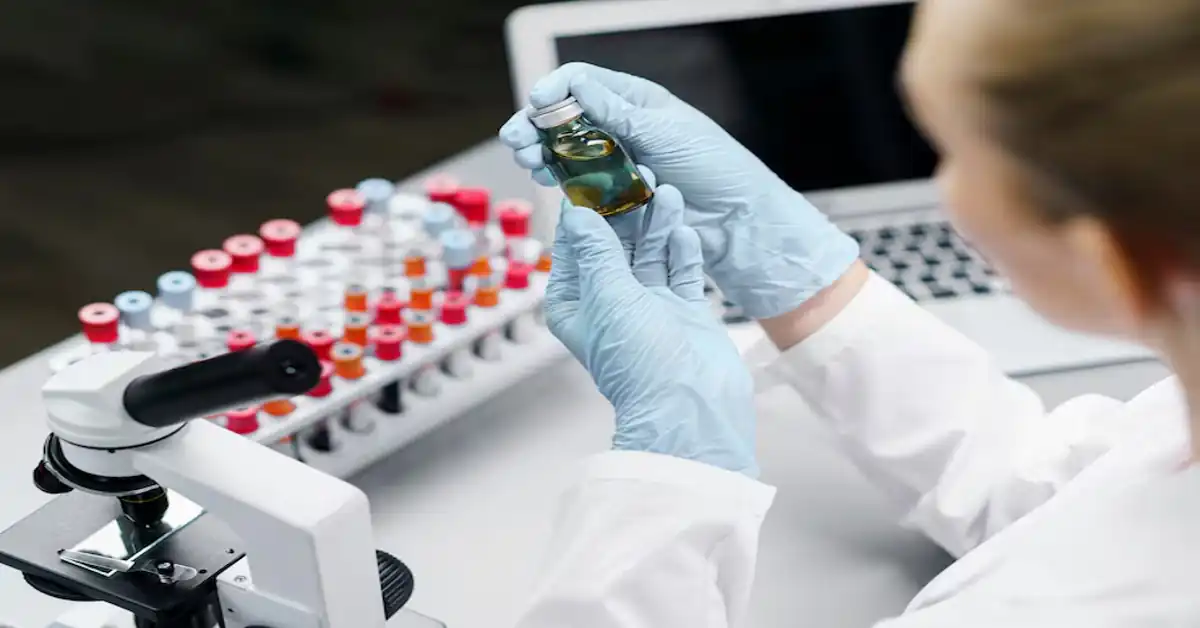Introduction of Serumcu
Copper (Cu) is an essential trace element vital for various physiological processes in the human body. The term “serumcu” pertains to the concentration of copper in the blood serum, reflecting the body’s copper status. Beyond its biological significance, copper plays a pivotal role in numerous industrial applications. Understanding the dual importance of copper in health and industry underscores the need for balanced copper levels and responsible utilization.
READ MORE: Exploring the Future of Healthcare Stocks with 5StarStocks.com
The Biological Significance of Copper
Copper’s Role in Human Physiology
Copper is integral to several enzymatic reactions and physiological functions, including:
- Enzymatic Activity: Copper acts as a cofactor for enzymes like cytochrome c oxidase and superoxide dismutase, which are crucial for cellular respiration and antioxidant defense.
- Iron Metabolism: It aids in iron absorption and transport, preventing anemia.
- Connective Tissue Formation: Copper is essential for the cross-linking of collagen and elastin, maintaining the integrity of blood vessels and skin.
- Neurological Function: It supports neurotransmitter synthesis and brain development.
Serum Copper Levels and Health
The concentration of copper in the blood serum is a reliable indicator of the body’s copper status. Normal serum copper levels typically range between 70 to 140 µg/dL. Deviations from this range can have health implications:
- Copper Deficiency: Low serum copper levels can lead to anemia, neutropenia, bone abnormalities, and neurological disorders.
- Copper Excess: Elevated serum copper levels have been associated with oxidative stress, liver damage, and neurodegenerative diseases.
Industrial Applications of Copper Serumcu
Copper’s unique properties, such as high electrical and thermal conductivity, corrosion resistance, and malleability, make it indispensable in various industries:
- Electrical Industry: Used extensively in wiring, motors, and generators due to its excellent conductivity.
- Construction: Employed in plumbing, roofing, and cladding materials.
- Transportation: Integral in automotive and aerospace components for its strength and conductivity.
- Healthcare: Utilized in medical devices and hospital surfaces for its antimicrobial properties.
Balancing Copper Levels: Health and Environmental Considerations
Dietary Sources and Recommendations
Maintaining optimal copper levels is crucial. Dietary sources rich in copper include:
- Shellfish: Oysters and crab
- Nuts and Seeds: Almonds, sunflower seeds
- Whole Grains: Wheat bran and quinoa
- Legumes: Lentils and chickpeas
The Recommended Dietary Allowance (RDA) for adults is approximately 900 µg/day.
Environmental Impact and Recycling
While copper is essential, its extraction and overuse can have environmental repercussions:
- Mining Activities: Can lead to habitat destruction and soil contamination.
- Water Pollution: Excessive copper can leach into water bodies, affecting aquatic life.
Promoting copper recycling and sustainable mining practices can mitigate these impacts.
Conclusion: Serumcu
Copper’s dual role in human health and industry underscores its significance in modern society. Monitoring serum copper levels is vital for health, while sustainable practices ensure its continued availability for industrial applications. Awareness and responsible management of copper resources can lead to a healthier population and a more sustainable environment.
Frequently Asked Questions (FAQs)
Q1: What is serum copper, and why is it important?
A: Serum copper refers to the amount of copper present in the blood’s serum. It’s crucial for various bodily functions, including enzyme activity, iron metabolism, and neurological health.
Q2: How can I maintain healthy copper levels?
A: Consuming a balanced diet rich in copper-containing foods like shellfish, nuts, seeds, and whole grains can help maintain optimal levels.
Q3: What are the symptoms of copper deficiency?
A: Symptoms may include fatigue, anemia, weakened immune function, and neurological issues like numbness or tingling.
Q4: Can excessive copper intake be harmful?
A: Yes, high copper levels can lead to toxicity, resulting in liver damage, gastrointestinal distress, and neurological problems.
Q5: How does copper benefit industrial applications?
A: Copper’s excellent electrical and thermal conductivity, along with its durability, make it ideal for use in electrical wiring, plumbing, and various machinery components.









